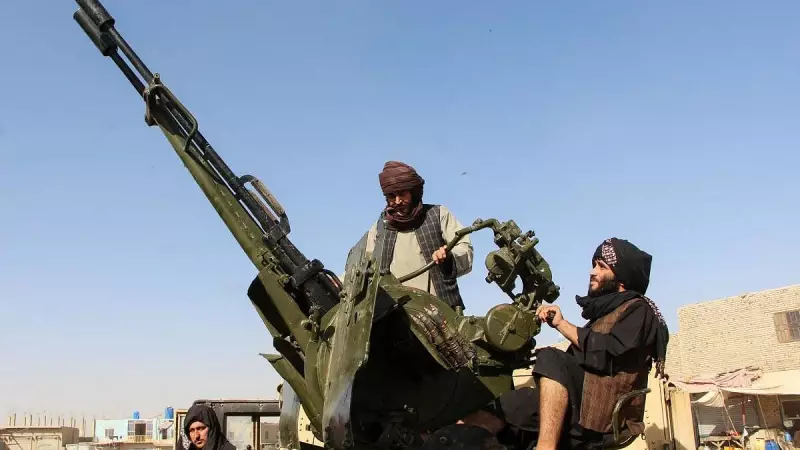
In a significant geopolitical development, the Taliban administration in Afghanistan has openly challenged its long-standing ties with Pakistan at a historically important site symbolizing jihad. This defiance comes amid warming relations between the Taliban-led government and India, highlighted by Afghan Foreign Minister Amir Khan Muttaqi's cordial official visit to New Delhi last month.
Diplomatic Warming Between Kabul and New Delhi
Amir Khan Muttaqi, the Afghan foreign minister, received an exceptionally warm welcome during his first official visit to India last month. The high-level reception signals a potential recalibration of regional alliances, with the Taliban government seeking to diversify its international partnerships beyond its traditional supporter Pakistan.
The diplomatic engagement between Taliban-led Afghanistan and India marks a notable shift from previous administrations and underscores the evolving political landscape in South Asia. The visit, which occurred amid ongoing regional tensions, suggests both nations are exploring new avenues of cooperation despite historical complexities.
Defiance at Symbolic Jihad Location
The Taliban's recent actions at a shared symbol of jihad represent a direct challenge to Pakistan's influence in Afghanistan. This symbolic confrontation occurred at a location historically significant to both nations' militant movements, though the original report doesn't specify the exact site.
This defiance demonstrates the Taliban's growing confidence in asserting its independence from Pakistani influence despite the two nations' intertwined history during various jihadist movements. The bold move highlights the changing power dynamics in the region following the Taliban's return to power in Afghanistan.
Regional Implications and Future Prospects
The timing of these developments, following closely after Muttaqi's India visit last month, suggests coordinated diplomatic positioning. The Taliban's willingness to publicly challenge Pakistan indicates they may be testing the boundaries of their relationship with their traditionally strongest regional ally.
This geopolitical shift could have far-reaching consequences for South Asian security dynamics and regional power balances. India's engagement with the Taliban, previously unthinkable, now appears to be part of a broader strategic recalculations by all parties involved.
As of the latest updates on 17 November 2025, at 19:39 IST, the situation continues to evolve, with regional powers closely monitoring the Taliban's foreign policy orientation and its impact on longstanding alliance structures.






